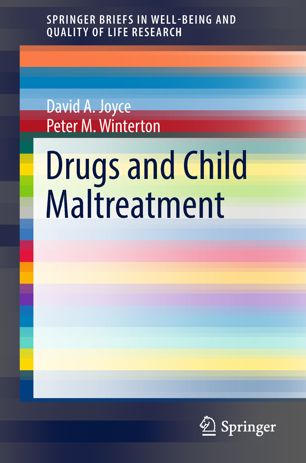

Most ebook files are in PDF format, so you can easily read them using various software such as Foxit Reader or directly on the Google Chrome browser.
Some ebook files are released by publishers in other formats such as .awz, .mobi, .epub, .fb2, etc. You may need to install specific software to read these formats on mobile/PC, such as Calibre.
Please read the tutorial at this link: https://ebookbell.com/faq
We offer FREE conversion to the popular formats you request; however, this may take some time. Therefore, right after payment, please email us, and we will try to provide the service as quickly as possible.
For some exceptional file formats or broken links (if any), please refrain from opening any disputes. Instead, email us first, and we will try to assist within a maximum of 6 hours.
EbookBell Team

4.7
76 reviewsThis book combines experience in child protection with expertise in clinical pharmacology and forensic toxicology, to set out a broad contemporary understanding of child maltreatment with drugs. It explores presentations that range through ante-natal exposure, factitious illness, deliberate poisoning, drug accidents while in the care of drug-affected adults, misuse of therapeutic drugs and the drug-related death of a child. It describes how to recognise where deliberate drug exposure or perversion of proper therapeutics is being used to harm a child, how to use laboratory testing to confirm a diagnosis, how to combine medical and social care with the need to gather legal evidence and how to deploy social, medical and legal resources for child protection. The roles of the forensic toxicologist and contemporary forensic laboratory methods in resolving cryptic presentations are discussed in each context. There is guidance on effective communication about drugs within the child protection team and on writing reports for legal purposes, on the way to returning the child to safety. The book also explores the particular difficulties that arise in reconciling parents' rights and cultural beliefs with the obligation to document a child’s drug exposure and in dealing with parents and carers who themselves may be drug-impaired.